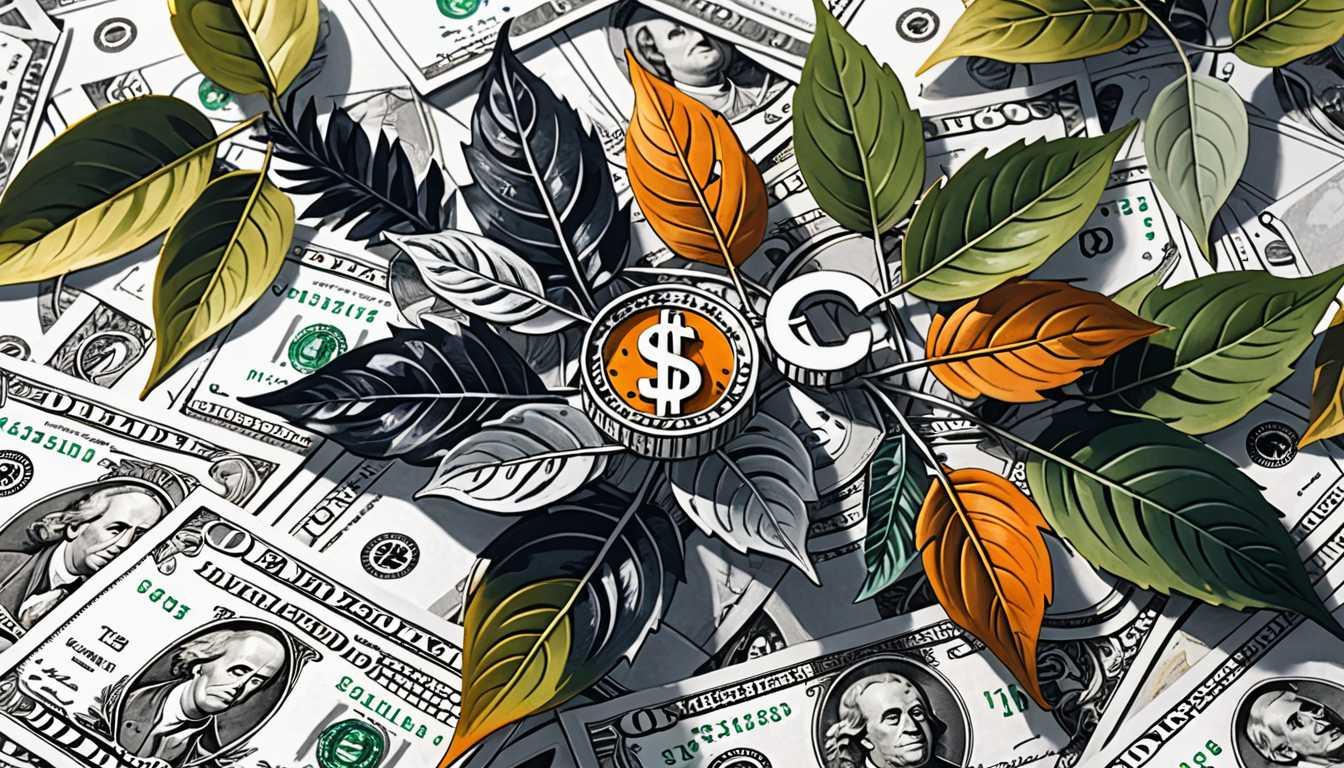The High Cost of Debt Fear
February 2024
London School of Economics (LSE)
Introduction
Ever wondered if dodging debt could actually cost you? Alejandro Martinez-Marquina's eye-opening study reveals how some folks' fear of borrowing means waving goodbye to doubling their savings. From students missing out on dream schools to investments not made, it's a tale of missed opportunities, all because of debt-dread. Dive into this intriguing piece from the London School of Economics and discover the fine line between smart saving and opportunity losing. Spoiler alert: it's not just about avoiding credit card debt!
READ FULL ARTICLEWhy It Matters
Discover how this topic shapes your world and future
Unlocking Opportunities Beyond Debt
Imagine standing at the doorway of your dream future but hesitating to step through because of a fear of borrowing. This is a reality for many, as the aversion to debt can sometimes prevent individuals from seizing life-changing opportunities. The reluctance to take on debt, even when it could lead to doubling one's savings or investing in a valuable education, highlights a significant dilemma in personal finance management. Understanding this can help you navigate your own financial decisions more wisely. It’s not just about avoiding debt at all costs; it's about knowing when borrowing might actually be the smart move. This concept touches everyone, from students contemplating loans for education to adults considering investments for future gains. It's a global conversation about how we perceive and manage debt, impacting economies and personal lives alike.
Speak like a Scholar
Debt Aversion
The strong reluctance to borrow money, even when doing so could be financially beneficial.
Opportunity Cost
The loss of potential gain from other alternatives when one option is chosen. In this context, not borrowing money could mean missing out on profitable investments.
Risk-Free Investment
An investment that is expected to return its original value without any loss. However, it's important to note that in real life, truly risk-free investments are very rare.
Interest Rate
The percentage of a sum of money charged for its use. It can work in your favor (as in savings accounts) or against you (as in loans).
Savings Account
An account where you can store your money while earning interest over time.
Debt Account
An account that tracks the money you owe. The more you borrow, the larger your debt grows, especially if you're also being charged interest.
Independent Research Ideas
Exploring the Psychology of Debt Aversion
Investigate why some individuals have a strong fear of debt and how this impacts their financial decisions. This could delve into psychological theories around risk and reward.
The Role of Financial Education in Debt Management
Study how different levels of financial literacy affect people's willingness to engage in beneficial borrowing. This could highlight the importance of education in personal finance.
Comparative Analysis of Debt Aversion Across Cultures
Examine how cultural attitudes towards debt influence financial behavior in various countries. This could uncover interesting insights into global financial practices.
The Impact of Interest Rates on Saving vs. Borrowing Behaviors
Analyze how fluctuations in interest rates influence individuals' decisions to save or borrow money. This could offer a deeper understanding of economic principles in action.
Long-term Outcomes of Avoiding Debt for Higher Education
Research the long-term financial and career impacts on individuals who choose not to take student loans for higher education. This could shed light on the true cost of debt aversion in terms of missed opportunities.
Related Articles

Cracking Bitcoin's Return Code
May 2023
Illinois Institute of Technology

Wealth Gap: US vs. Europe Showdown
January 2023
Imperial College London

Financializing ESG: A New Investment Frontier
October 2024
LSE Business Review

CBDCs: Banking's Future Unveiled
May 2023
London School of Economics (LSE)

The Real Cost of Borrowing
March 2024
Harvard University